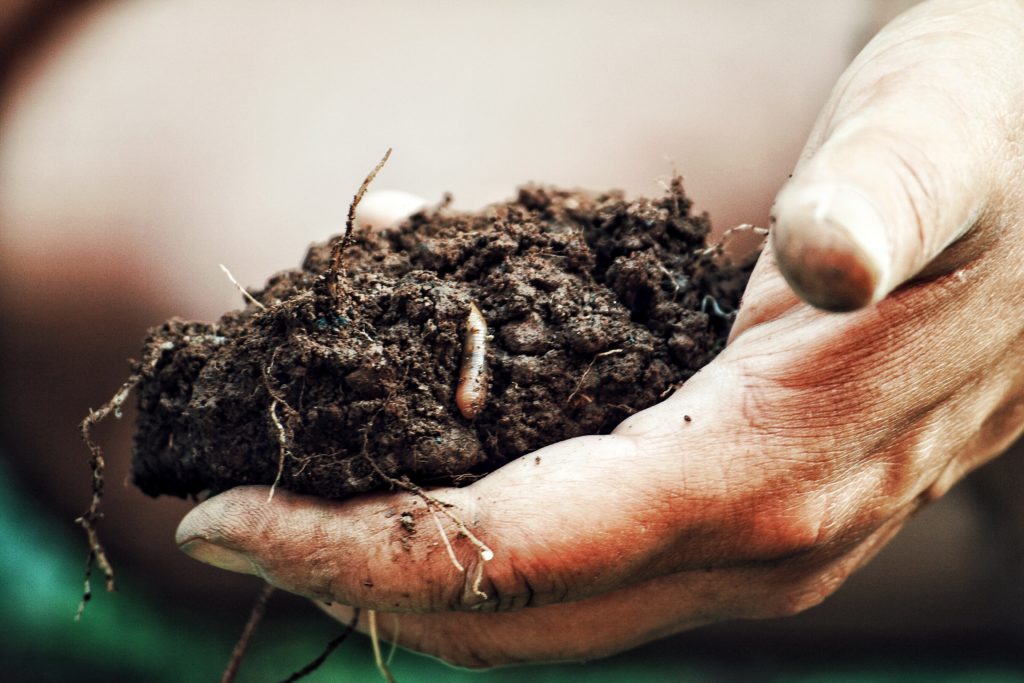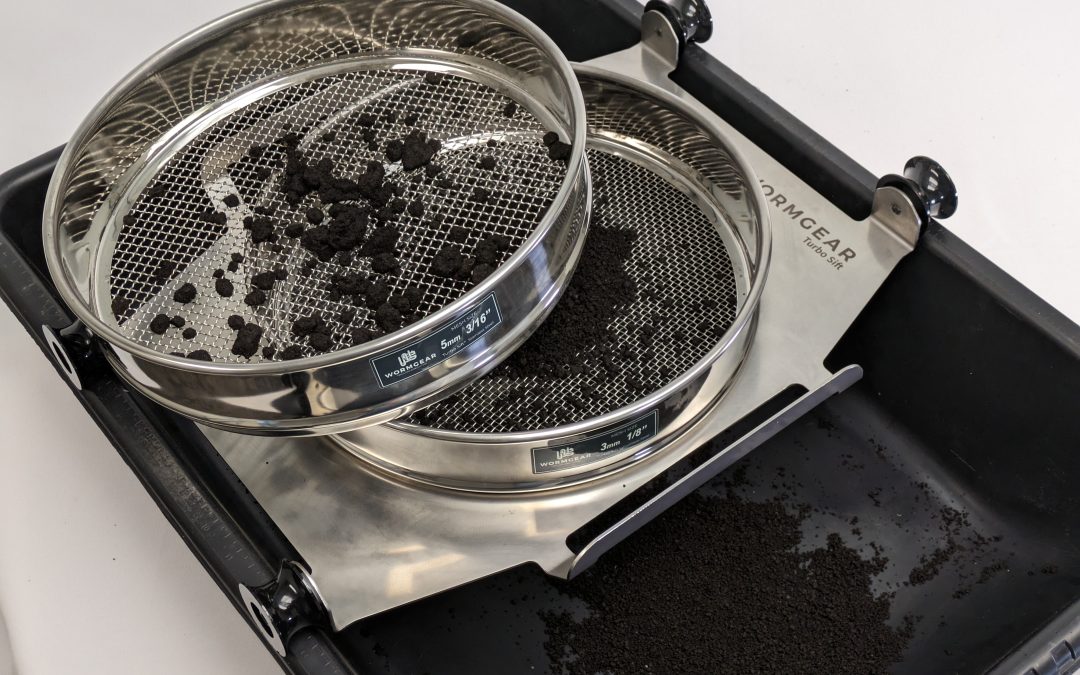Vermicompost, also known as vermicast, is a combination of pure worm castings and other decomposed organic matter, all processed together by earthworms and micro-organisms. Technically, it’s not treated as a fertilizer which is regulated. But it does contain micronutrients and other compounds that make soil nutrients much more highly available to plants. The end result is an optimal soil enricher.
Worm Castings For Plants
Worm compost is a safe alternative to chemical-based fertilizer products. They contain essential nutrients such as concentrated nitrates, potassium, magnesium, calcium, and phosphorus. Worm castings can increase a plant’s yield, protect both soil and plants from diseases, and help the soil retain moisture.
Not only can vermicompost be used on nearly any type of plant, it can also be used directly on plants without burning them, as a side dressing, worked into the soil, or as a liquid form tea or extract.

How it Works
Worms feed on organic waste, breaking down decaying remains into a richer source of organic materials. Since the natural debris has already been broken down by the worms through digestion, the added nutrients that you supply to your plants can be absorbed immediately as opposed to the soil application of chemical fertilizers or animal manures—these products need to be broken down before plants can start absorbing it.
Vermicompost is composed of water-soluble plant nutrients, beneficial bacteria and fungi, other micro-organisms, plus enzymes that these organisms produce. With all these organic elements in addition to the worms’ mucus and mineral clusters (also known as aggregates), worm castings help increase the soils capacity to retain water and nutrients.
The soil is also kept in good shape because worm compost hosts more healthy microbes into the system and keeps the soil safe by suppressing harmful micro-organisms.
Watch a timelapse of the worm-casting process.


